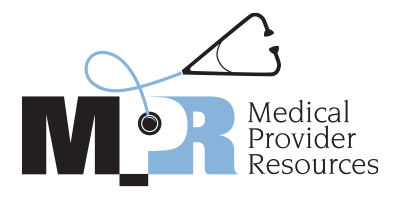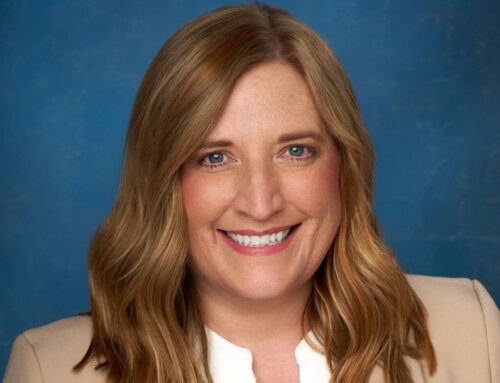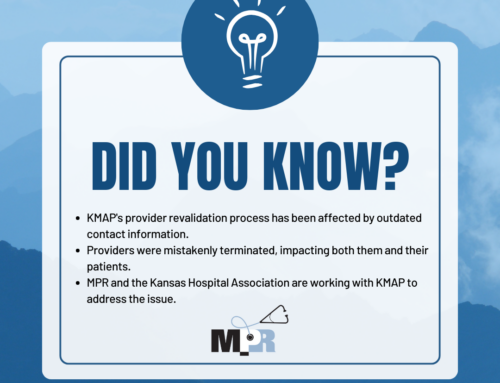Like other states, physicians providing medical care to patients in the state of Kansas are required to hold an active Kansas license. Since 2017, physicians have had a faster pathway to licensure through the Interstate Medical License Compact (IMLC), a project supported partly by the Federation of State Medical Board (FSMB). The intent is to significantly streamline the licensing process for physicians who want to practice in multiple states. Accelerated by the onset of telemedicine, this pathway became increasingly popular during the COVID-19 pandemic.
The Interstate Medical Licensure Compact is a voluntary path to licensure for qualified physicians who wish to practice in multiple states. It is available to those who hold a Doctor of Osteopathy (DO) or Doctor of Medicine (MD) and is designed to increase access to health care.
This is particularly needed in underserved and rural areas. Reaching this population is accomplished by making it possible for physicians to extend the reach of their practice, improving patient access to medical specialists, and leveraging the use of new medical technology.
All Participating States agree to common standards of licensure that can be verified once (by the State of Primary Licensure – SPL) and accepted by all to create an expedited process. There are currently 9 common standards that have been agreed to by the participating states:
- Medical school accreditation: LCME, COCA, WDMS
- No more than 3 attempts at USMLE or COMPLEX-USA
- Graduate Medical Education accreditation by ACGME or AOA
- ABMS or AOA-BOS including time-limited certificates
- No prior convictions or criminal activity
- Clean DEA history
- No active investigations
- Successful passing of FBI Criminal Background Check
The IMLC for physicians requires the license to be issued by the member state’s licensing board and is subject to that state’s practice of medicine. The State of Principal License (SPL) selection requirements include: 1) holding a full, unrestricted medical license in a Compact Member state, 2) meeting at least one of the following requirements:
- Principal residence of the physician is in the SPL
- At least 25% of the physician’s practice of medicine occurs in the SPL
- The employer is located in the SPL
- The SPL is the physician’s state of residence for US federal income tax purposes
The process of accelerating the licensure process comes with some oversight. The Interstate Medical Licensure Compact Commission (IMLCC) is created by each member board state when legislation is passed and signed by the applicable state governor. This action makes the IMLCC a part of that state’s government. The IMLCC has an Executive Director with oversight of the IMLCC.
Just like the IMLC, the Nursing Licensure Compact is intended to increase access to health care. Effective July 2019, Kansas became a licensure compact state. The Nursing Licensure Compact (NLC) is available to all RN and LPN licensed nurses and provides the ability to convert from a single-state license to a multi-state license.
Some things medical staff professionals (MSPs) must remember and consider when credentialing nurses.
- Licenses are only changed to a multi-state license after completion of the Conversion Application.
- The multi-state license does not change the expiration date of the license.
- The same number of continuing nursing education is required to renew the multi-state application.
The Interstate Commission of Nurse Licensure Compact Rules provides the definitions and rules of licensure.
The Nursing Licensure Compact participating states have agreed to the following common standards:
- Graduation from a board-approved education program; or
- Graduation from an international education program (approved by the authorized accrediting body in the applicable country and verified by an independent credentials review agency);
- Successful completion of an English proficiency examination (applied to graduates of an internal education program not taught in English or if English is not the individual’s native language);
- Successful completion of an NCLEX-RN or NCLEX-PN examination or predecessor exam;
- Eligible for or holds an active, unencumbered license (without active discipline);
- Submission to state and federal fingerprint-based criminal background checks;
- Free from state or federal felony conviction or found guilty, or has entered into an agreed disposition, of a felony offense under applicable state or federal criminal law;
- No misdemeanor convictions related to the practice of nursing;
- Is not currently a participant in an alternative program with the requirement to disclose participation;
- Has a valid United States Social Security number
As nurses transition from single-state license(s) to multi-state license this information will need to be updated in the National Practitioner Data Bank (NPDB). For example, if an RN changes their license from a single-state RN from Kansas to a multi-state license in Florida (where the nurse has declared Florida as the primary state of residency), the RN information will need to be changed in the NPDB (state license number).
For additional sources on the NLC, please reference the following links:
https://www.ncsbn.org/compacts.page
Multi-state License Articles – Kansas
Physician Assistants (PA) have recently formed a privilege compact after getting seven states to adopt legislation. You can find the progress on this initiative here: PA Licensure Compact
According to the American Academy of Physician Associates (AAPA), the PA Licensure Compact will not change scope of practice. PAs utilizing the compact must still abide by the state laws and regulations in the state in which they are practicing.
A third licensure compact is a variation on a privilege model called the “privileged practice” compact. This verbiage is currently being used for other provider types such for physician therapists (PT) or physical therapy assistants (PTA). For a fee, if you are eligible for the privilege in another compact state, you can immediately receive your compact privilege and begin practicing in the new state.
Still, others include the PsyPact which is inter-jurisdictional for Licensed Doctoral level psychologists. This is currently making progress across many states. The American Dental Association (ADA) supports a license portability in dentistry and dental hygiene.
Summary
Efforts to allow an ever-growing list of provider types to practice in another state are gaining momentum. This model will create challenges to credentialing these providers at the hospitals, ambulatory surgery center and other facilities. While this provides a convenient and voluntary expedited pathway, it will require medical staff professionals to monitor the various Compact requirements to stay current on the regulatory requirements and changes.



